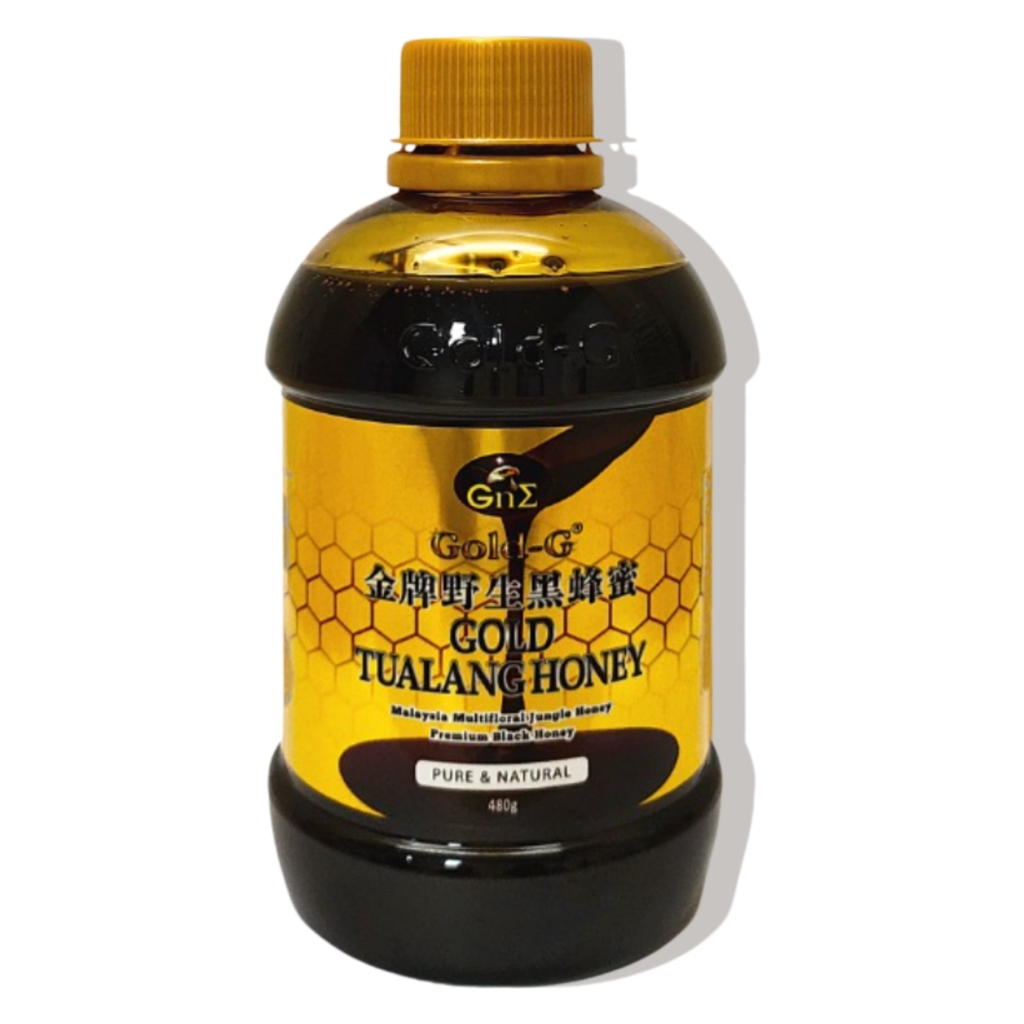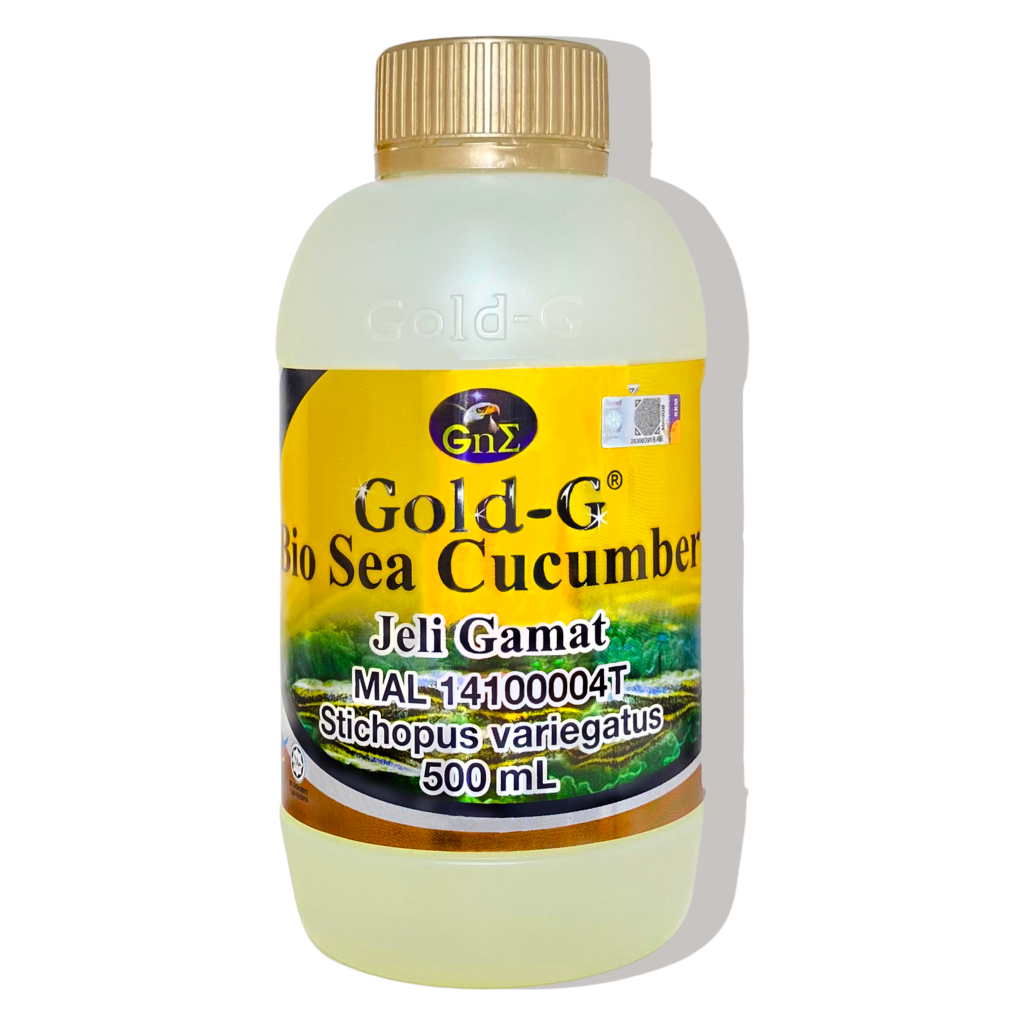According to The National Institute of Diabetes and Digestive and Kidney Diseases (2020), acid reflux, known scientifically as Gastroesophageal reflux (GER), occurs when the contents of the stomach flow back up into the esophagus. This condition is also referred to as acid indigestion, acid regurgitation, heartburn, or simply reflux.
While many individuals experience GER on occasion, it often goes unnoticed as it does not cause any symptoms. However, when GER leads to recurring bothersome symptoms or complications over time, it progresses into Gastroesophageal reflux disease (GERD), which is a more severe and chronic condition.
Factors contribute to GERD
Several factors can influence the lower esophageal sphincter and contribute to the development of GERD. These factors include:
- Being overweight or obese
- Pregnancy
- Smoking or exposure to second-hand smoke
- Certain medications can either trigger GERD or exacerbate its symptoms. Examples of such medications include:
- Benzodiazepines, which are sedatives that induce calmness or drowsiness
- Calcium channel blockers, commonly prescribed for high blood pressure management
- Specific asthma medications
- Nonsteroidal anti-inflammatory drugs (NSAIDs)
- Tricyclic antidepressants
It is crucial to note that these medications may not directly cause GERD but can worsen its symptoms or contribute to its development.
So, how can we effectively treat and control acid reflux?
To provide immediate relief, both over-the-counter and prescription medicines are often recommended.
- Among these medications, antacids are the most commonly suggested for relieving mild heartburn and other mild symptoms of GER and GERD. While antacids can help alleviate these symptoms, it is important to note that they may have side effects such as diarrhea or constipation. It is not advisable to use antacids daily or for severe symptoms without consulting your doctor.
In addition to medication, certain foods can also help alleviate the symptoms of acid reflux.
- Incorporating high-fiber foods into your diet, such as whole grains, green vegetables, and root vegetables like sweet potatoes, carrots, and beets, can provide a feeling of fullness and reduce the likelihood of overeating, which can contribute to heartburn.
- Including alkaline foods in your meals, such as bananas, melons, cauliflower, legumes, and nuts, can help counterbalance the effects of strong stomach acid. These foods have a higher pH level, making them alkaline and capable of neutralizing stomach acid.
- Consuming watery foods like watermelon, cucumber, lettuce, celery, broth-based soups, or herbal teas can also be beneficial. These foods, which have a high water content, can dilute and weaken stomach acid.
- Furthermore, traditional remedies like ginger, oatmeal, lemon juice, and honey have been known to provide relief from acid reflux symptoms.
- Ginger: Known for its natural anti-inflammatory properties, ginger is commonly used as a natural remedy for indigestion, nausea, and other gastrointestinal issues.
- Oatmeal: A rich source of fiber, oatmeal absorbs stomach acid and reduces the occurrence of acid reflux.
- Lemon juice: Despite its acidic nature, a small amount of lemon juice mixed with warm water and honey has an alkalizing effect that neutralizes stomach acid.
- Honey: This thick, viscous liquid can form a protective coating on the esophageal mucosa, potentially providing relief from heartburn.

A Spoonful of Tualang Honey: Natural Remedy for Acid Reflux
Tualang Honey possesses a thick and viscous texture that can create a protective layer on the mucous membrane of the esophagus, effectively preventing gastroesophageal reflux.
There is no definitive list of foods to avoid for individuals with GERD, but certain items commonly lead to symptoms for many people.
- High-fat foods, such as fried food, fast food, and fatty meats like bacon and sausage, increase the risk of reflux symptoms. Therefore, managing fat intake by either avoiding these foods or consuming them sparingly might prove helpful.
- Highly acidic fruits can cause or exacerbate GERD symptoms. If you frequently experience acid reflux, it is advisable to limit your consumption of fruits such as oranges, grapefruit, lemon, limes, pineapple, grapes, and blueberries.
- Spicy and tangy foods, including onions and garlic, often trigger heartburn symptoms in many individuals.
- Other foods that can contribute to the same problem include coffee and other high-caffeine foods, tomato-based sauces, chocolate, peppermint, carbonated beverages, and alcoholic drinks.
If you have gastroesophageal reflux disease (GERD) and are overweight or obese, your doctor may recommend weight loss as a means to alleviate your symptoms. They can guide a healthy eating plan to help you achieve your weight loss goals.
For individuals experiencing GERD symptoms at night or while lying down, it is advisable to consume meals at least three hours before bedtime. This practice has been shown to improve symptoms.
By following these recommendations, individuals can effectively manage their acid reflux symptoms and improve their overall well-being.
GNE Gold-G® Health Food Series:

Gold-G® Gold Tualang Honey
Tualang honey is raw honey harvested from Malaysia’s tropical rainforest. It is 100% pure and natural without undergo any additional treatment, hence it retained natural friendly bacteria, propolis, pollen grains, phytonutrients, phenolic acids, and flavonoids. Besides natural taste and aroma, Tualang honey has higher nutritional value and stronger therapeutic effects than processed honey!

Gold-G® Bio Sea Cucumber
Sea cucumber is rich in pharmaceutical active components that provide beneficial effects on promoting gastrointestinal health, such as fucoidan, collagen, and mucopolysaccharides.
- Fucoidan could reduce gastric ulcer, provides anti-inflammatory and gastro-protective effect. Besides, it was found to stimulate the bowel movements and increase the stool frequency, hence beneficial for constipation.
- Sea cucumber peptides protect against colitis by modulating intestinal microbiota and enhancing the intestinal barrier.
- Collagen promotes wound healing, repair damaged tissues, stimulates new blood vessels formation, and encourage depositions of new collagen on the wound site.
- Mucopolysaccharides accelerate wound healing and improve wound concentration rate.
Click the link below for direct purchase.
References
- National Institute of Diabetes and Digestive and Kidney Diseases. (2020). Acid Reflux (GER & GERD) in Adults. U.S. Department of Health and Human Services, National Institutes of Health. https://www.niddk.nih.gov/health-information/digestive-diseases/acid-reflux-ger-gerd-adults
- Gupta E., (n.d.). GERD Diet: Foods That Help with Acid Reflux (Heartburn). The Johns Hopkins University, The Johns Hopkins Hospital, and Johns Hopkins Health System. https://www.hopkinsmedicine.org/health/wellness-and-prevention/gerd-diet-foods-that-help-with-acid-reflux-heartburn
- Jones J., (2023). Foods to Help Your Acid Reflux by Madell R. Healthline. https://www.healthline.com/health/gerd/diet-nutrition
- Math M.V. (2002) Oesophagus: Heartburn and Honey. BMJ 2001;323:736. Available from: https://www.bmj.com/rapid-response/2011/10/28/oesophagus-heartburn-and-honey
- Math, M. V., Khadkikar, R. M., & Kattimani, Y. R. (2013). Honey–a nutrient with medicinal property in reflux. The Indian journal of medical research, 138(6), 1020–1021. https://www.ncbi.nlm.nih.gov/pmc/articles/PMC3978955/
This website does not provide medical advice. The content of this website, such as graphics, images, text and all other materials, is provided for reference and educational purposes only. The content is not meant to be complete or exhaustive or to apply to any specific individual’s medical condition. Always seek the advice of your doctor or other qualified health provider regarding a medical condition.




